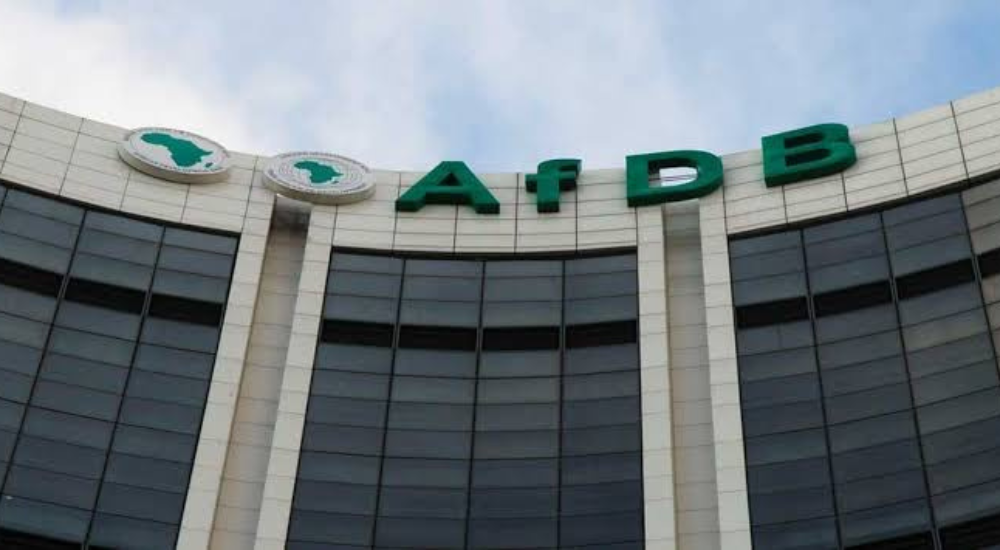The African Development Bank Group (AfDB) has convened a meeting with leaders of African stock exchanges, development finance institutions, and private-sector financial partners to develop a unified blueprint for a New African Financial Architecture.
The meeting was aimed at closing the continent’s widening development financing gaps.
The high-level consultations, which began at the Bank’s headquarters in Abidjan, brought together more than 50 representatives of regional and continental financial institutions at the invitation of AfDB President, Dr Sidi Ould Tah.
He described the engagement as pivotal to Africa’s economic destiny, noting that capital markets remain “a crucial lever for financing African economies.”
Addressing heads of securities exchanges, private equity and venture capital funds in the opening session, Ould Tah said African market operators must play a catalytic role in mobilising long-term, affordable and predictable capital for governments and businesses.
“As the architects of Africa’s capital markets, you are custodians of financial institutions and catalysts of our continent’s future,” he said.
Advertisement
The two-day meeting, the first of its kind between the AfDB and African stock exchanges, is focused on redefining how African capital is mobilised, with particular emphasis on reforms that can unlock deeper pools of institutional and patient capital.
CEO of the West African Regional Stock Exchange (BRVM), Dr Felix Edoh Kossi Amenounve, said meaningful reforms were needed to strengthen the capitalisation of African pension funds, which have traditionally been oriented towards government financing.
Institutions present include the African Exchange Linkage Project (AELP), the Rwanda, Mozambique, Cabo Verde, Nairobi, Tunis, Casablanca and Ghana stock exchanges, alongside the Central African Stock Exchange and BRVM.
Discussions centred on sustainable finance, market digitalisation, investment mobilisation and SME-oriented programmes.
A major objective of the consultations is expanding financial flows to private equity and venture capital funds to enhance their capacity to support small and medium-sized enterprises (SMEs), mid-market companies and emerging industrial champions.
Advertisement
SMEs account for nearly 90 per cent of African businesses and more than 60 per cent of jobs, yet continue to face restricted access to risk capital.
Participants also underscored the importance of building financial literacy among young people, strengthening regional coordination, updating outdated regulations and leveraging fintech tools to widen market access.
Nairobi Stock Exchange’s Non-Executive Director, Donald Waweru Wangunyu, stressed the need for policy harmonisation to break structural obstacles, while Ms Sonia Ben Frej, Chairwoman of the Tunis Stock Exchange, highlighted regulatory convergence as a pressing challenge.
Ould Tah outlined three pillars for the AfDB’s approach to capital market development: technical and institutional support to regulators and exchanges; diversification of savings mobilisation to deepen liquidity and broaden market participation; and enhanced research, training and policy dialogue to strengthen capital market stakeholders across the continent.
The consultations continue on Wednesday with heads of African development finance institutions.
The initiative forms part of Ould Tah’s Four Cardinal Points, which prioritise transforming Africa’s access to long-term, affordable capital and reducing dependency on overseas development assistance.

